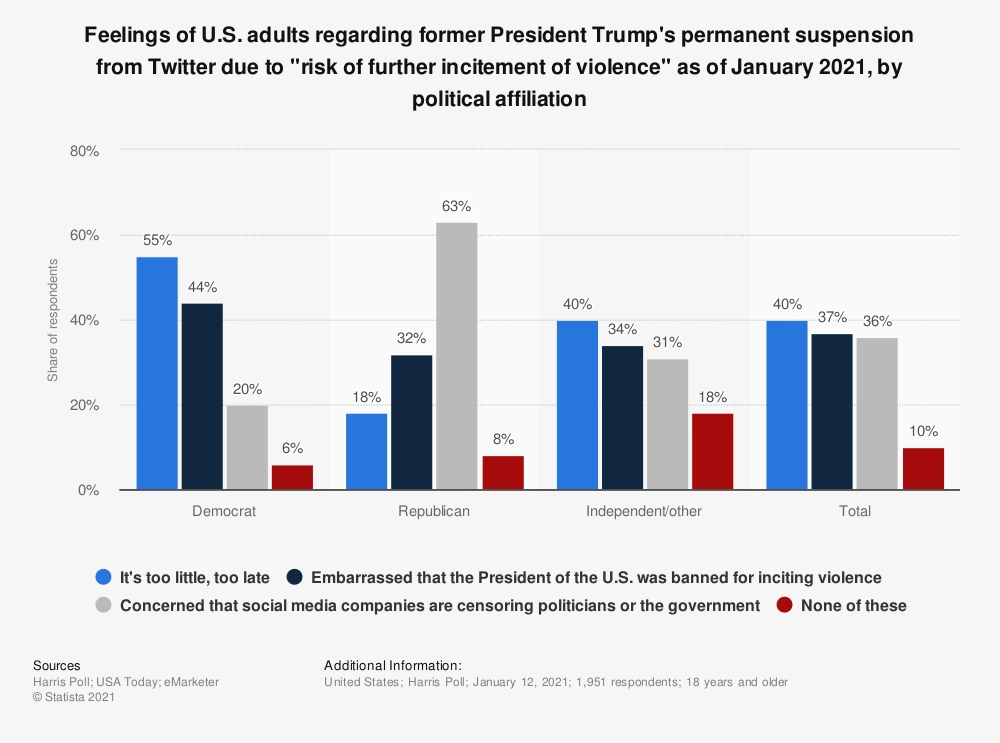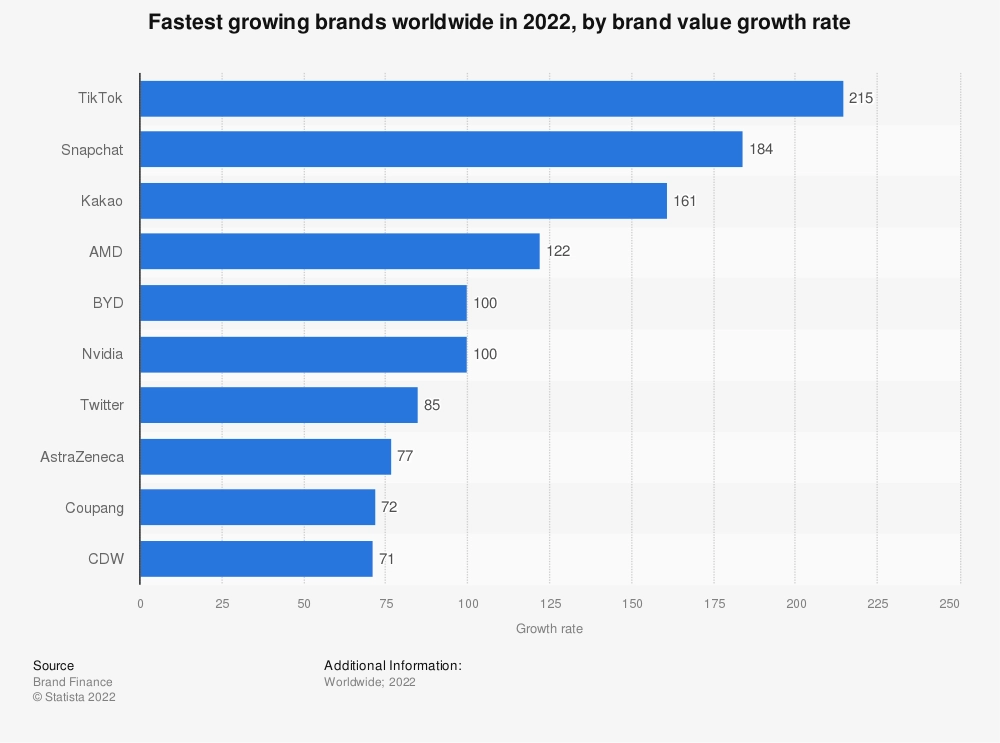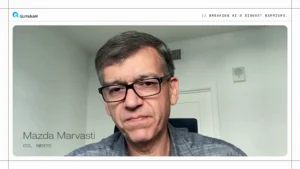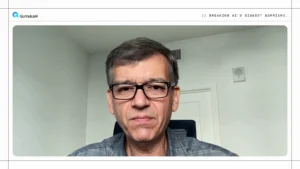Can An Elon Musk-Owned Twitter Meet Its Free Speech “Social Imperative”?
Editor’s Note: As of April 25th, Twitter has agreed to a deal with Elon Musk, selling the company for $44 billion. Twitter will now become a private company.
The tech community woke up this morning to a Twitter feed on fire. Elon Musk, after announcing his ‘largest Twitter shareholder’ status at 9.2%, joining, and then leaving the Twitter board of directors in the span of six days, has now made an even bigger move against the social media platform: bidding to outright buy the entire company. In familiar fashion, Musk tweeted out his SEC filing to buy Twitter for $54.20 a share, totaling $43 billion.
I made an offer https://t.co/VvreuPMeLu
— Elon Musk (@elonmusk) April 14, 2022
The offer, confirmed by Twitter as “unsolicited,” is non-binding and not finalized, but if it goes through, it would mean delisting Twitter as a public company, removing it from stock exchanges, and going private. Twitter’s potential is “extraordinary,” Musk said, and he sees himself as the savior who’ll “unlock it.”
“As someone that pays attention and analyzes the markets and technology, you can only appreciate his style, his approach, and the fact that he is so unpredictable, that it probably frustrates everybody like me, my peers, those in the media, because the moment you think you know what he’s doing, it ends up being something completely different,” said Daniel Newman, principal analyst and founding partner at Futurum Research.
This move by Musk is the culmination of his years of free speech debates, popularity on the platform, and his rise to the man with the highest net worth in the world. It’s also a reflection of his attitude towards Twitter’s direction and what he sees as failures by current management to fully realize the platform as a ‘public square.’
“I invested in Twitter as I believe in its potential to be the platform for free speech around the globe, and I believe free speech is a societal imperative for a functioning democracy,” Musk wrote in his SEC filing. “However, since making my investment I now realize the company will neither thrive nor serve this societal imperative in its current form. Twitter needs to be transformed as a private company.”
The desire for the world’s richest man to buy Twitter for billions is, on its face, already an attractive proposition for shareholders who would make bank from the sale. Even more attractive is the premium nature of Musk’s bid compared to recent market valuations; it’s a 60% premium to what Twitter was trading at prior to Musk’s involvement.
“It’s almost 40% over that initial reaction to when he first disclosed his public stake. It’s a 20% or just under 20% premium from where it was trading at this morning. So the board would have to look at this at least seriously,” Newman said.
Delivering on a $43 billion purchase, even for top billionaire Musk, is not without its challenges.
“First of all, it’s a contingent offer, it’s a non-binding offer, so he’s not necessarily fully committed. He needs contingency that someone’s going to likely collateralize his Tesla stock, and that’s a significant amount. He is the world’s richest man, or at least was this morning, and he has the wherewithal to do this, but it’s not like he’s sitting on just $43 billion in cash,” Newman said.
Musk is clear in his SEC filing that this is his “best and final offer.” This ultimatum now pushes Twitter leadership and investors into a corner and forces a difficult decision: make the sale and privatize the company, or decline the sale and potentially tank their own stock value.
“If they don’t take his offer…there’s a significant likelihood that he will then sell the nine plus percent stake he recently took, and that stake drove the stock price up over 30% just by his very presence,” Newman said.
Musk Wants to Reimagine Twitter From the Inside Out
The debate around platform content moderation strategies has been one of the key battlegrounds for social media companies, both in the form of new policies and critique from users and lawmakers. A prominent example, of course, was the banning of President Donald Trump’s Twitter account. Though no one has made clear what a specific policy change would look like, a Musk-run Twitter universe might challenge these sorts of practices.

“I believe [Musk] wants this to be a town hall type of environment where people can come say what they think, even if it’s unpopular, and not necessarily be eradicated for not going along with the popular public opinion. I think the last few elections have been a good indicator of where this is going,” Newman said. “As a public company, he knows it probably is unlikely that could ever happen.”
Making Twitter a more authentic public square hits on a multi-pronged critique of Twitter in its current form. It not only pushes against recent content moderation strategies, but also challenges the very business model behind social media’s content and monetization success: its algorithms. Known to have an algorithm that favors adversarial political content, going in the direction of free speech purity would likely put the heat on Twitter’s user experience beyond just its censorship policies.
Musk acknowledged this dynamic at a TED2022 conference today, calling for making Twitter’s algorithm open source on GitHub, as well as proposing a new feature to create clarity on “changes to people’s tweets.”
“If they’re emphasized or de-emphasized — that action should be made apparent,” Musk said during his talk. “So anyone can see that that action has been taken so there’s no sort of behind-the-scenes manipulation, either algorithmically or manually.”
“We know in the media, sensationalism, provocatism sells. It drives ratings, it drives viewership,” Newman said. “The media is an industry that’s struggling, especially traditional media, social media is booming, but in many ways, that’s based on being able to manipulate and hone in on data and what’s going to emotionally drive a response from people.”
Musk hasn’t been shy to share his disappointment with the platform and how it measures its own success. He recently tweeted, after running a poll on the subject, that Twitter is “failing to adhere to free speech principles.” He also called it out for lackluster engagement on the platform from its top users, insinuating the platform is “dying” and calling out Justin Bieber, the second highest-followed account, for racking up a grand total of zero tweets in 2022.
Most of these “top” accounts tweet rarely and post very little content.
Is Twitter dying? https://t.co/lj9rRXfDHE
— Elon Musk (@elonmusk) April 9, 2022
Other platform suggestions from Musk would likely be part of his agenda if he succeeds in buying Twitter, and would be essential in defining the platform’s experience. A key one that would further challenge Twitter’s tried and true business model is an emphasis on a paid user experience.
In now-deleted tweets, Musk called for an authentication checkmark for every Twitter Blue user, aka every user that pays $3 per month. Musk’s goal would be to include “no ads” in that perk.
“The power of corporations to dictate policy is greatly enhanced if Twitter depends on advertising money to survive,” he said in his deleted tweet.
Another major change to Twitter would come in the form of a long-requested edit button. Users have asked for and been teased about the potential of an edit button since Dorsey’s days. Musk ran a poll of users on the topic, encouraged by CEO Parag Agrawal, which ended in a resounding 73.6% of users, over 4,400,000 votes, wanting an edit function; it likely pushed Twitter to finally make public that they were indeed actively testing the feature.
Do you want an edit button?
— Elon Musk (@elonmusk) April 5, 2022
now that everyone is asking…
yes, we’ve been working on an edit feature since last year!
no, we didn’t get the idea from a poll 😉
we’re kicking off testing within @TwitterBlue Labs in the coming months to learn what works, what doesn’t, and what’s possible.
— Twitter Comms (@TwitterComms) April 5, 2022
If Musk is to lay claim to the most 1A-forward social media platform, he’ll likely face more criticism over his own rows with “free speech” as well. These include…
- his Twitter blocks of several users, including former Secretary of Labor Robert Reich and a teenager who made a publicly-sourced Twitter account that tracked his private jet
- the firing of a Tesla Autopilot employee for posting Tesla car reviews on his YouTube channel that showed faults in the vehicle’s FSD Beta autopilot, and allegations of “rage-firing” employees who disagreed with him
- the defamation lawsuit he won after calling a cave diver who volunteered to save trapped Thailand schoolboys a “pedo guy”
“He will always have to balance responsible corporate stewardship with whatever his philosophy is on 1A,” Newman said.
Can Musk Stay Accountable to Investors and Users?
Musk loves Twitter. That much is easy to see in his provocative tweets, trickster vibes, and overall uncouth approach to being a public figure with major influence.
— Elon Musk (@elonmusk) April 7, 2022
His antics get lots of love from followers, but his unpredictable nature also makes the outcome of his potential Twitter ownership a nebulous one. Regardless of fan approval, his actions would need to align with both investors and users, and deliver a financially solvent company with an improved user experience. Even with Twitter still being one of the fastest growing brands in 2022, it’d likely need to show new policies give it a more competitive edge against current leader TikTok.

“No matter how much money someone has, I could never envision someone dropping $43 billion with the intent of being indifferent or apathetic about the performance,” Newman said.
Challenging Twitter’s algorithm, ad-dependent business model, moderation policies, and entire approach to building a free speech-friendly platform will be a tough sell to investors and shareholders who are chiefly interested in seeing returns on their investments. If Musk is to move forward with his bid, Newman recommended that he continue to paint the big picture and focus on the long-game.
“He doesn’t need the appreciation of the asset to happen tomorrow,” Newman said. “He could go into it and say, ‘over the next five to 10 years, I’m going to take this platform and make it the world’s most popular, the most utilized, valuable, resourceful, engaging platform,’ and then what could that value be?”
It could be seen as counter-intuitive for a single billionaire, the richest man in the world, to lead the charge on democratizing Twitter and bringing free speech back to the platform. With the way Musk has built his community of followers, the hope would be that Musk fans would voice whether or not they’re happy with his changes, keeping him beholden to the market and feedback on the user experience.
“The customer will always drive to some extent and serve as the jury on whether he’s doing it right,” Newman said. “People are going to see if it’s being used, it’s not hard to go onto a platform and be like, ‘oh it’s busy, the town hall is active, the conversations are good, the products are being used.’ Our peers and community will dictate and provide us with that type of visibility. He’ll have more influence for sure by taking it private and having full control of the company, but in the end, the business’ performance would speak for itself.”
Is Twitter Meeting its Social Imperative?
When Musk calls out Twitter’s failure to meet its “social imperative” in his SEC filing, it’s assumed he’s referencing Twitter’s laundry list of attempts to find actionable content moderation solutions that make Twitter a safe experience for users and an attractive space for ad dollars.
Lawmakers and Twitter users have, over the years, called for more policies to limit abuse, hate speech, and the spread of misinformation on the platform. While the messaging around these policies is targeted around commitments to improving Twitter, turning policies into positive action takes nuance and is often judged on completely different scales depending on the audience.
“Coding and technology may be ones and zeros, but these issues are very subjective, they require a lot of complexity and interpersonal skills,” Newman said.
A more specific breakdown of recent content moderation policies by Twitter include…
- a user-supported fact-checking program
- banning political ads globally in the run up to the US’ 2020 primary elections
- labeling state-affiliated media outlets
- calling out and banning deep fakes and other ‘deceptive’ media
However, the way these policies are applied matters more than intention. Content moderation alone, or general improvement to the efficacy of the user experience, can be used disproportionately and inconsistently. Free speech absolutists would argue, and as has been critiqued in the banning of key political figures, that these policies can also run up against the spirit of the First Amendment. Some examples include…
- the general critiques of the fact-checking industry, its emphasis on semantics, who fact checks the fact-checkers, and how a subjective analysis can be framed as an objective truth
- Twitter’s state-affiliated media labels being present for Chinese media outlets, for example, but not for publicly-funded outlets like the BBC or NPR
- controversially, the suspension of Twitter accounts giving competing narratives and counter-analysis to the current Russian invasion in Ukraine, including former UN weapons inspector Scott Ritter and Brazilian journalist Pepe Escobar
Even if Musk doesn’t end up acquiring Twitter, the current approach to content moderation is rough around the edges. Laying on stricter censorship policies isn’t a guarantee that the platforms will foster more holistic debates or protect against fake news. However, neither is completely removing moderation.
“If you let people say whatever they want to an extent will drive out more of the sort of polarizing viewpoints. So he’s got a big challenge ahead of him,” Newman said.
Obstacles and Outcomes from Musk’s Bid
Whether Twitter is approaching this bid with apprehension or excitement is hard to say, though Twitter’s CEO did tell shareholders there would be “distractions” to come in his announcement that Musk would no longer join the board of directors, which could be interpreted as a prediction, or a warning, of Musk’s attempt to buy the company.
All in all, the larger tech community is asking: Would Musk at the helm of a reprivatized Twitter be all that different in terms of its free speech approach?
Looking at any of Musk’s tweets, replies are generally excited and hopeful. Just search ‘elon musk twitter‘ on the platform and you’ll also see tweet after tweet hyping up Musk’s move and his supposed commitment to free speech-friendly policies. So, anecdotally, there’s a positive air from many around his bid. One of his loudest critics though, Robert Reich, has a different analysis.
In a Guardian op-ed, Reich called out Musk for wanting to see US tech companies relinquish their roles as the arbiters of speech while also blocking Reich’s Twitter account after he critiqued Musk’s treatment of Tesla employees.
“Seems like an odd move for someone who describes himself as a ‘free speech absolutist,’ he said in his piece.
We’re also seeing a more moderation-prone regulatory environment across the globe, which creates uncertainty for Musk’s objective. In the UK, for example, the government’s 2021 Online Safety Bill could send users to prison for up to two years for participating in “pile-ons,” or trolling others while knowingly causing “psychological harm.”
Add on to this, and what may not be the best news for Musk hopefuls, is that Musk himself isn’t confident in the Twitter deal going through, saying in his TED2022 talk that he’s “not sure that [he] will actually be able to acquire it.”
Even if the bid falls through, Newman sees this as a win for the debate around completely rethinking Twitter’s, and more broadly social media’s, functions and commitments to the tenets of free speech.
“It’s bringing this exact topic to the forefront, which seemingly no one else has been able to do. And he’s doing it in a way that I hope will become thoughtful, but I definitely have my doubts,” Newman said.
With a bid this high in price, it’s unlikely other players will offer the amount Musk has along with the fervor and energy he has for transforming the platform. Fellow billionaire Mark Cuban, though, predicts Musk’s bid will get the imaginations of the capital-rich and other Big Tech giants spinning.
Every major tech company , Google, fb, et al is on the phone with their anti trust lawyers asking if they can buy Twitter and get it approved. And Twitter is on the phone with their lawyers asking which can be their white knight. Gonna be interesting https://t.co/khCVPzuGiM
— Mark Cuban (@mcuban) April 14, 2022
Regardless, Musk has his work cut out for him if he ends up as Twitter’s new owner.
“Having algorithms drive what we see creates one set of challenges, being completely open and allowing people to say whatever they want creates a whole different set of risks,” Newman said. “So it’s not really about right or wrong, but I guess, I would never underestimate his vision on anything, because everything he touches seems to turn to gold.”







